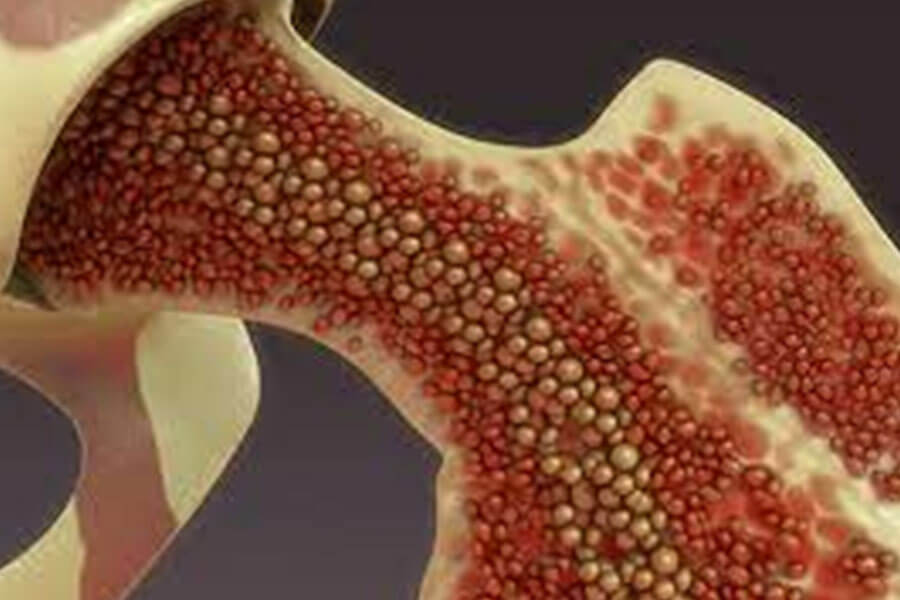- +91 9051161900
- contact@organtransplantindia.com
- Kolkata, India
Bone Marrow Transplant ( BMT )
BMT is an abbreviation for bone marrow transplant, also known as hematopoietic stem cell transplant. It is a medical procedure in which healthy stem cells are transplanted into a patient’s bone marrow to replace diseased or damaged stem cells. Stem cells are immature cells that can develop into different types of blood cells, including red blood cells, white blood cells, and platelets.
BMT is used to treat a variety of blood disorders and cancers, including:
- Leukemia
- Lymphoma
- Myeloma
- Sickle cell anemia
- Thalassemia
- Aplastic anemia
- Severe combined immunodeficiency (SCID)
- Other blood and marrow disorders

BMT is a complex procedure that requires careful planning and execution. The first step is to find a donor whose stem cells are a close match to the patient’s stem cells. This can be a family member, friend, or unrelated donor. Once a donor is found, the stem cells are collected from the donor’s blood or bone marrow.
The patient’s own stem cells are then destroyed using chemotherapy and/or radiation therapy. This creates space in the bone marrow for the new stem cells to be transplanted. The transplanted stem cells then travel to the bone marrow and begin to produce new blood cells.
BMT is a major surgery and it can take several weeks or months for the patient’s body to recover. During this time, the patient is at risk for complications such as infection, bleeding, and graft-versus-host disease.
BMT can be a life-saving procedure for patients with certain blood disorders and cancers. However, it is important to weigh the risks and benefits of the procedure before deciding whether or not to proceed.
Here are some of the factors that can affect the cost of a BMT:
- Type of transplant: There are two main types of BMT: autologous BMT and allogeneic BMT. Autologous BMT is a transplant in which the patient’s own stem cells are used. Allogeneic BMT is a transplant in which the patient receives stem cells from a donor. Allogeneic BMT is generally more expensive than autologous BMT.
- Donor type: Living donor BMTs are generally less expensive than deceased donor BMTs. This is because living donor BMTs are often scheduled in advance, which gives the transplant team more time to prepare and reduces the risk of complications.
- Recipient’s medical condition: Patients with more complex medical conditions may require more expensive care before, during, and after surgery. For example, patients with diabetes or heart disease may require additional monitoring and care.
- Hospital fees: The cost of hospital care varies from hospital to hospital. Patients should compare the costs of different hospitals before choosing where to have their transplant.
- Surgeon’s fees: Surgeon’s fees also vary from surgeon to surgeon. Patients should discuss surgeon’s fees with their transplant team in advance.
- Medications: Patients who have had a BMT need to take immunosuppressive drugs for the rest of their lives to prevent their body from rejecting the new bone marrow. These medications can be expensive.
In the United States, the average cost of a BMT is around $750,000. In India its varies around However, the actual cost can vary widely depending on the factors listed above.
If you are considering a BMT, it is important to talk to your doctor about the cost and other factors involved.
| BMT Cost in India generally Includes | Not Included | Average Stay Required in India |
|
|
|
